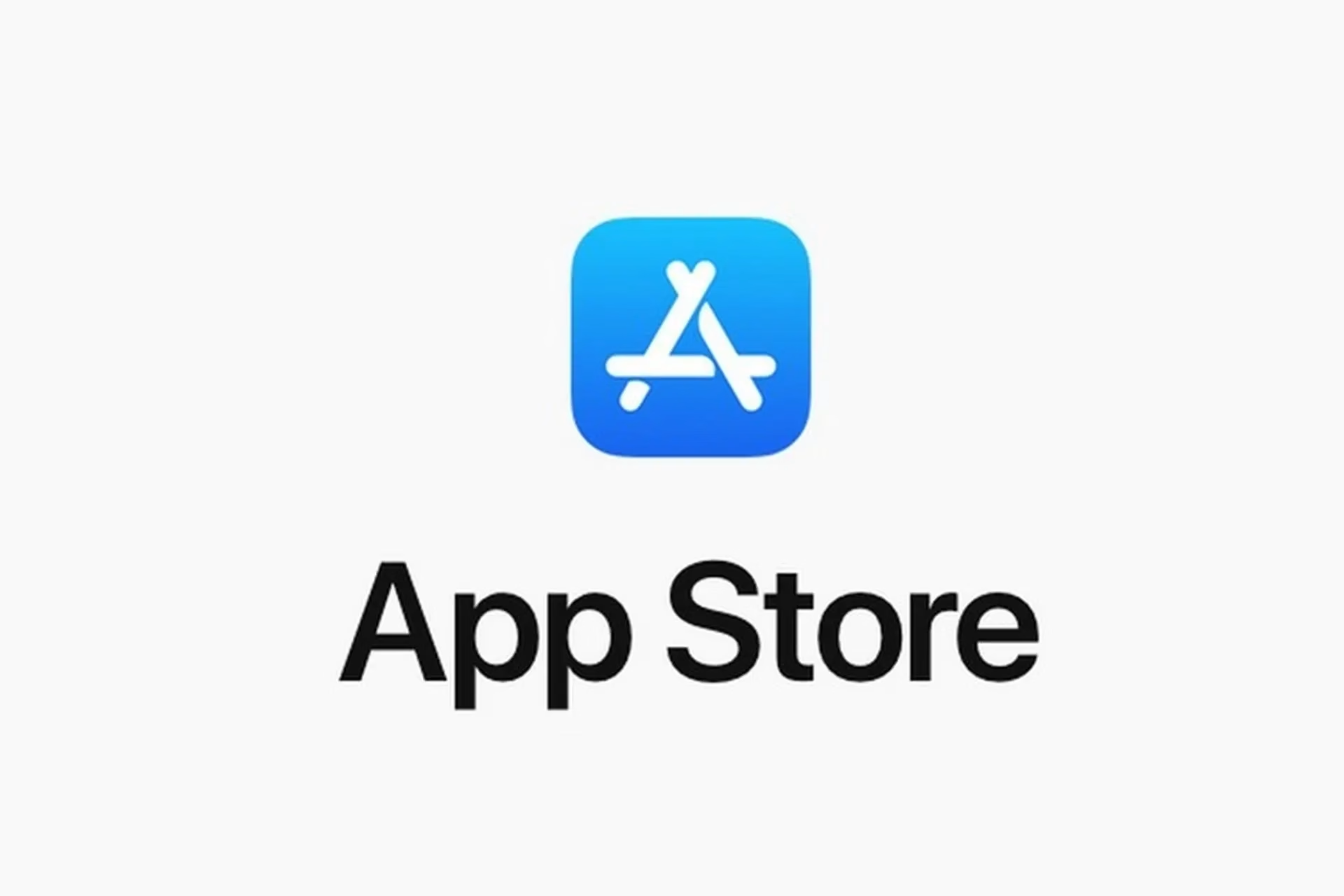Apple Contests Court Order on App Store Commissions
Apple has formally challenged a court order mandating it to waive commission fees for developers who direct users to external purchase options. In a recent reply brief filed with the Ninth Circuit Court of Appeals, the tech giant argued that the ruling is unconstitutional, asserting that it strips Apple of its rights to compensation for its intellectual property and sets a problematic precedent for businesses. This legal maneuver escalates the ongoing dispute between Apple and Epic Games, the developer behind Fortnite, which has been at the forefront of challenging Apple's App Store policies.
The core of Apple's argument centers on the principle of intellectual property rights and fair compensation. The company contends that the court's directive to allow developers to bypass the App Store's payment system without paying a commission infringes upon its established business model and the value it provides. This isn't just about a single transaction; Apple views this as a fundamental challenge to how digital marketplaces operate and how creators of those marketplaces are compensated for the infrastructure, security, and user base they cultivate.
The Legal Battleground: Ninth Circuit Appeal
The current legal skirmish is playing out in the Ninth Circuit Court of Appeals, a crucial venue for tech-related litigation. Apple's reply brief is a direct response to the district court's earlier ruling, which largely sided with Epic Games on several key points. Specifically, the order in question aimed to dismantle a portion of Apple's "walled garden" approach, forcing it to permit "।ink out" functionality for developers. This would allow apps to offer direct links to websites where users could make purchases, thereby avoiding the standard 15-30% commission Apple collects on in-app transactions.
Apple's legal team is framing this as a matter of fundamental fairness and economic principle. They argue that the App Store isn't merely a passive marketplace; it's a curated ecosystem that provides significant value to developers through access to millions of users, robust security measures, and ongoing platform development and maintenance. To be denied compensation for facilitating these transactions, Apple asserts, is akin to a landlord being unable to collect rent for a property that houses a successful business. The company's filing emphasizes that this ruling could have far-reaching implications, potentially impacting how intellectual property is valued and protected across various industries, not just in the digital app space.
Apple's Core Arguments: IP Rights and Precedent
At the heart of Apple's appeal is the assertion that the court order is unconstitutional because it undermines its intellectual property rights. The company believes it has a right to set the terms under which its intellectual property – the App Store itself, its underlying technology, and the vast user network it has built – is utilized. Allowing developers to circumvent its payment system without contributing to the platform's upkeep and development, Apple argues, is a form of expropriation without just compensation.
Moreover, Apple is deeply concerned about the precedent this ruling could set. If courts can mandate that companies cannot charge for the use of their proprietary platforms and intellectual property, it could create a chilling effect on innovation and investment. Companies might be hesitant to invest heavily in developing and maintaining complex digital ecosystems if they fear being compelled to offer access without fair compensation. This, in Apple's view, could stifle the very innovation that benefits consumers and developers alike. It's a classic "who pays for the plumbing?" argument, but on a global, digital scale.
The Epic Games Counterpoint and Broader Implications
Epic Games, naturally, sees things quite differently. The company has long argued that Apple's App Store policies are anti-competitive and constitute an illegal monopoly. Epic's legal strategy has been to force open Apple's ecosystem, allowing for greater developer freedom and potentially lower costs for consumers. The ability to link out to external payment methods is seen as a crucial step in this direction, breaking Apple's stranglehold on in-app purchases.
The ramifications of this ongoing legal battle extend far beyond just Apple and Epic. Many developers and regulators worldwide are closely watching this case, as it could set a significant precedent for how app stores and digital marketplaces are regulated. If Apple succeeds in overturning the order, it could embolden other platform holders to maintain strict control over their ecosystems. Conversely, if the ruling stands or is upheld, it could pave the way for greater openness and competition in the digital distribution of software and digital goods. It's a complex dance of innovation, regulation, and the fundamental economics of digital platforms.
What's Next in the Legal Arena?
The Ninth Circuit's decision on Apple's appeal will be pivotal. The court will need to weigh Apple's claims of intellectual property rights and the potential for a dangerous precedent against Epic Games' arguments of anti-competitive practices. The outcome could reshape the digital economy, influencing how companies like Apple operate and how developers reach their customers. It's a high-stakes game, and the final score is far from settled. The tech world is holding its breath.
